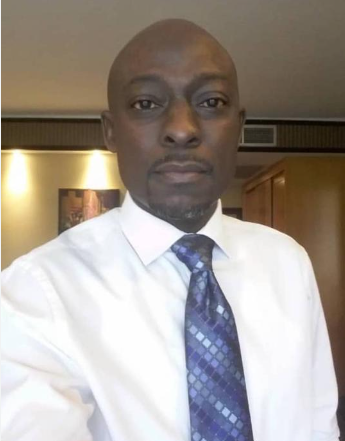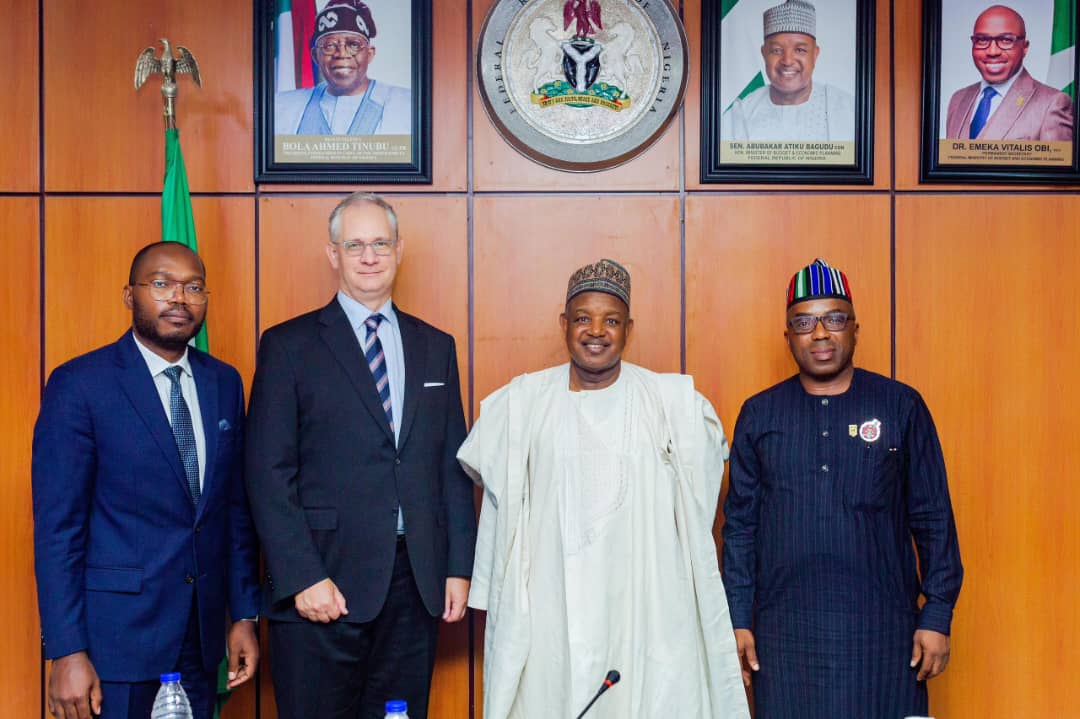By Justina Asishana, Minna, Niger State
PROGRESS made by Nigeria toward the control infectious diseases could be reversed by the absence of a reliable health surveillance system in the country, a Epidemiologist, Dr Muhammad Shakir Balogun has said.
Balogun, who is the Resident Advisor, Nigeria Field Epidemiology and Laboratory Training Programme, in a presentation delivered to Fellows and participants in the first African Disease Reporting Fellowship (ADReF) decried the absence of critical tools needed to institute a robust surveillance system that could provide the needed data and information for preventing some of the eliminated diseases from recurring.
The Epidemiologist and Medical Microbiologist pointed that the country does not have the critical tool needed to work on its surveillance systems which is mostly needed if the country does not want to witness the resurgence of some eliminated diseases.
Balogun stressed that Nigeria need to buckle up towards strengthening its surveillance system instead of waiting for the developed countries to come and help them.
“The people in the United States or Europe or Japan or wherever the technical and financial supports are coming from cannot come and do our surveillance for us.
“We have to strengthen our surveillance ourselves. There is no alternative. Surveillance is the basis of all the things we do in epidemiology and public health, so we have to set up a system that can quickly detect issues when they come up.
“We have to strengthen our lives and make investment regarding community-based surveillance and event-based surveillance. We need to make this investment; we need to train people who are capable of doing that. If we do, it will help us to quickly detect, so that when we need help, we can quickly ask for help”, he stated.
Citing an example, the Resident Advisor said that the outbreak of Ebola in West Africa in 2014 was quickly established in Liberia because of very poor surveillance system pointing out that even when the transmission was happening, nobody knew that it was Ebola.
“But if we had better surveillance system and better laboratory support for surveillance, we would be able to have detected and prevent the spread faster.
“In Nigeria, even though Nigeria has eliminated the wild polio virus, we have to continue to conduct surveillance so that it is not reintroduced to Nigeria from other parts of the world. We still have Wild Polio Virus in Pakistan and Afghanistan and our people still go to these countries so we can’t go to sleep.
“We don’t have it here anymore but we still have to maintain surveillance, maintain the laboratories so that as soon as it enters, Nigeria can quickly snuff it out before it becomes established again”, he stated.
The Covid-19 pandemic had uncovered the region’s already due to inefficient and ineffective health surveillance systems out of the African countries, Egypt is one country that has devised several measures to improve their surveillance system to track down diseases and contact tracing. The country had established a national Egyptian surveillance system.
Some of the reason for low disease surveillance in Africa include inadequate involvement and contribution of resources from stakeholders, that can help strengthen the surveillance system in Africa, inadequate utilization of the existing surveillance infrastructure, lack of efforts in the development of strategies aimed at prioritizing eradication of certain endemic infectious diseases and unfavorable legislation and regulations regarding the implementation of surveillance systems.
The Advisor also urged the Fellows to have a good understanding of communicable diseases so that they would be able to go beyond the surface and help the news consumers to understand what is being reported.
“Journalism have gone beyond mere reporting of events, there is need to contextualize the event being reported particularly for health and public health related issues. The best place to understand and contextualize the basics is to understand the basics.”
The fellowship is organized by the Africa Diseases Prevention and Research Development Initiative, ADRAP, a non-governmental organisation and has 15 journalists and media practitioners selected from across Africa.
The fellowship aims to eliminate biases associated with disease reporting in Africa and would build the capacity of African journalists to identify and report on diseases and health issues from well-informed perspectives.
At JKNewsMedia, our dedication to delivering reliable news and insightful information to our cherished readers remains unwavering. Every day, we strive to provide you with top-notch content that informs and enlightens. By donating to JKNewsMedia, you directly contribute to our mission of delivering quality journalism that empowers and informs. Your support fuels our commitment to bringing you the latest updates and in-depth analysis. Let's continue to uphold the highest standards of journalism and serve our community with integrity and dedication. Thank you for being a part of the JKNewsMedia family and for your ongoing support.





